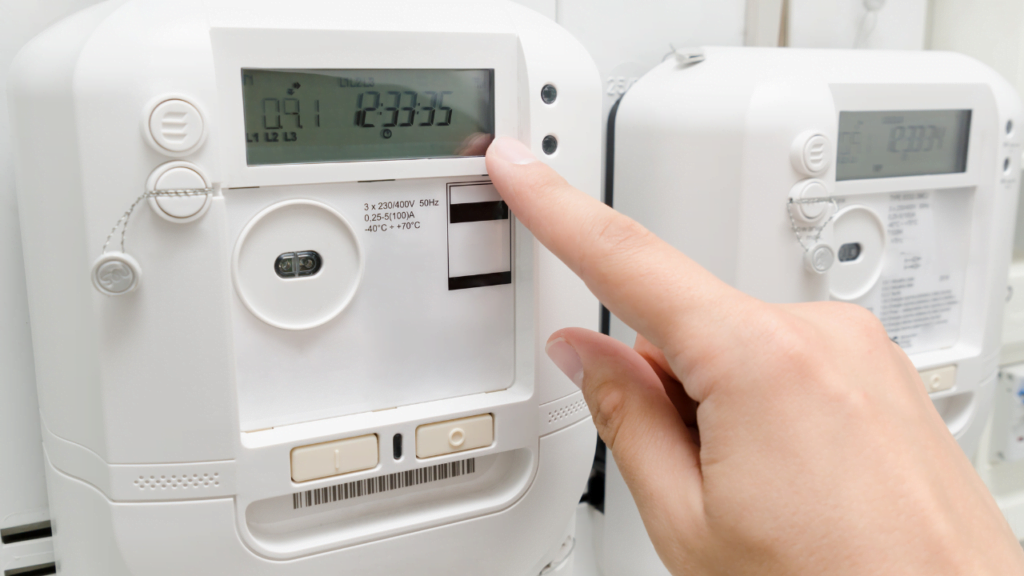After increasing wholesale costs caused consumers’ bills to climb by hundreds of pounds, Ofgem has announced two additional measures to help stabilise the energy market.
To combat the loyalty penalty, all suppliers will have to offer existing customers the same deals as new customers starting in mid-April.
The main reason for this is to ensure that as many consumers as possible can benefit from all available tariffs in the market.
When acquiring a new client, suppliers will also have to pay a Market Stabilisation Charge to the losing provider. This will only happen if wholesale prices drop significantly below the price cap level.
The measures are designed to be short-term solutions in response to the current energy crisis.
An Ofgem spokesperson said: “The energy market has faced a huge challenge due to the unprecedented increase in global gas prices; a once in a 30-year event. We’re putting in place short-term measures to protect consumers.
“Alongside tougher financial regulation, this will make sure that energy companies do not take disproportionate financial risks and suppliers who have done the right thing by purchasing energy in advance for their customers aren’t penalised, whilst protecting the ability of switching consumers to benefit from cheaper tariffs when prices fall.
“We’ll monitor how effective this is before considering whether it should become an enduring measure in the market.”
The changes will into effect on 14 April, with Market Stabilisation Charge payments only put into place if prices fall at least 30 per cent below the level in the price cap.
Some suppliers welcomed this news, with Simon Oscroft, co-founder of green energy supplier So Energy, who said the move to make all tariffs available to existing customers will ensure loyal customers are not excluded from the best deals and “will encourage more sustainable pricing and in turn improve supplier resilience by preventing suppliers from offering loss leading exclusive tariffs to new customers”.
You have probably seen Ofgem hitting the headlines recently after announcing the price cap level for default tariff customers will rise from the current level of £1,277 to £1,971.
The reason for this is due to the increase in global wholesale gas prices, as these are the driver of retail prices. Gas prices have risen due to a cold winter in Europe in 2020/21 that put pressure on supplies and reduced the the amount of gas stored, a relatively windless summer in 2021 which made it difficult to generate wind energy and then increased demand from Asia – especially China – put pressure on liquefied natural gas supplies.
